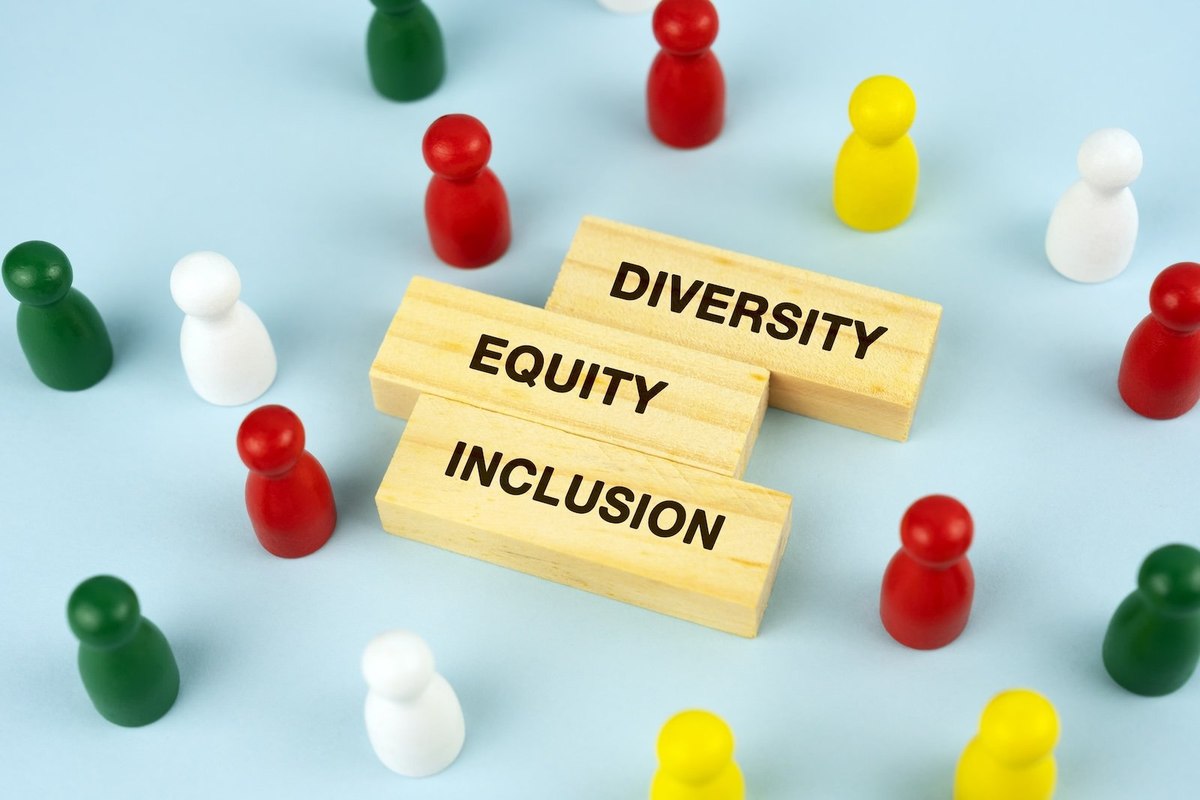
Embracing diversity and inclusion: Unveiling employees' attitudes in the American workplace
The impact of diversity and inclusion in the workplace is undeniable. Not only have diverse companies been found to enjoy 2.5 times higher cash flow per employee but inclusive teams also tend to be more productive by over 35%. A recent global study by the Boston Consulting Group also found that companies with above-average total diversity had both 19% higher innovation revenues and 9% higher EBIT margins, on average. However, DEI initiatives continue to divide American politics.
Against the background of the many polarizing policy debates, a recent YouGov Surveys: Serviced study explores the importance placed on DEI by the American workforce and the subsequent initiatives they think should be implemented by organizations.
Before we do so, however, it can be helpful to get an insight into how many Americans feel like they have faced discrimination in the workplace. Interestingly, of the 1,244 US adults surveyed who are working part time or full time, White Americans are the most likely to say that they have never faced workplace discrimination (44%) compared to Americans who belong to other ethnic or racial groups (39%).
A fifth of white Americans say they have been personally discriminated against based on gender (20%) and age (18%). On the other hand, a quarter of US adults who identify with a race other than white say they have experienced racism in the workplace (24%).
One in eight of our non-white respondents also say they have faced linguistic discrimination at work (13%) compared to a twentieth of our white respondents (5%).
How important, if at all, is workplace D&I to American employees?
Evidently, a substantial share of our employed respondents – either part time or full time – have faced some sort of discrimination in the workplace. It comes as no surprise, then, that two-thirds of working Americans (66%) say that the acceptance and inclusion of employees of all backgrounds is important to them when considering job opportunities.
A closer look at the data by gender demographics reveals that our female respondents place more importance on workplace diversity and inclusion when searching for jobs (71%) compared to the men (63%).
When looked at by age, the data shows that the importance placed on diversity in the workplace reduces considerably as the age of the respondents increases. While almost four fifths of 18-to–34-year-olds (77%) say it is important to them in the pursuit of job opportunities, this proportion falls to 57% among adults aged 55 and above.
This brings into light an important question – how many working Americans have left a job due to a lack of adequate workplace D&I initiatives?
A look at US adults who are either currently working in part-time or full-time jobs or are now retired, reveals that a large majority have never done so (79%). However, this still leaves a fairly sizeable share of respondents who have chosen to leave a job in such circumstances (17%).
Incidentally, while less than half of currently working Americans say that their previous place of employment valued such workplace diversity and inclusion (49%), a significantly larger share says the same about their current place of employment (70%). Interestingly, however, only 54% of this group – US adults who indicate that their previous and/or current workplace values diversity – say that their workplace has any active DEI policies or initiatives.
What DEI actions do American workers think their organizations should promote?
For a more detailed insight into the American worker’s opinions about DEI policies, we asked our respondents how they believe organisations can promote more diversity and inclusion in the workplace. And a look at the responses of working US adults for whom such diversity is important reveals some interesting answers.
Encouraging regular employee feedback (43%) seems to be the most popular of all the given choices followed by making diversity training accessible for all managers and senior positions (37%) and conducting regular sensitivity trainings - like gender, age, cultural sensitivity and more - for all employees (37%).
An equal share of respondents believe that organizations can promote workplace DEI by using gender neutral language in internal communication, honoring all religious and cultural days or none of them, and by highlighting workplace inclusivity in job descriptions (26% for all). One in four respondents also say that hiring diversity managers can be helpful (25%).
Explore our living data – for free
Try a subscription-free data snapshot of your brand performance, sector trends or audience profile, with a one-time deep dive into YouGov's flagship consumer intelligence and brand tracking products. Get your tailor-made snapshot here.
Make smarter business decisions with better intelligence. Understand exactly what your audience is thinking by leveraging our panel of 20 million+ members. Speak with us today.
YouGov Surveys: Serviced provide quick survey results from nationally representative or targeted audiences in multiple markets. This study was conducted online on March 24-27, 2023, with a nationally representative sample of 1244 adults in the US (aged 18+ years), using a questionnaire designed by YouGov. Data figures have been weighted to be nationally representative. Learn more about YouGov Surveys: Serviced.

































